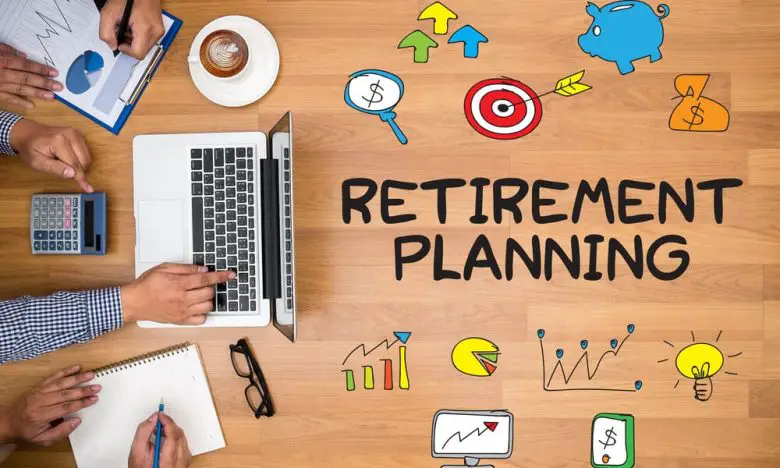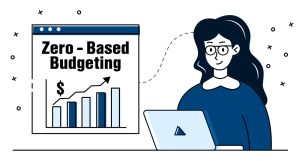Determine Your Retirement Goals:
Start Saving Early and Keep Saving:
Diversify Your Investments to Maximize Your Returns:
How Much Does Healthcare Cost in Retirement?
Becoming Debt-Free Before Retirement:
If you have debt during retirement, it can be harder to pay your bills. Credit cards and personal loans have high interest rates, which can take a toll on your retirement savings over time. Paying off your debt before you leave can help you enjoy your savings without worrying too much. Pay off your high-interest debt first. Then, try to pay off your mortgage and other long-term loans. If possible, don’t take on any debt for the first few years after you retire. When you leave, you will have no debt. That means you can spend your money and savings on things that are important to you without having to pay off old debts.
Create a Retirement Plan:
Managing your savings can be just as daunting as saving money itself. If you embark on a spending spree to purchase retirement entertainment before calculating your post-retirement income, you risk running out of funds for retirement expenses. The 4% withdrawal rule allows people to withdraw 4% of their total retirement savings each year for 30 years without worrying about inflation.
However, people have different monthly payment obligations, and market changes can change these obligations. There are several ways to stick to a budget, depending on your income and lifestyle. A well-thought-out exit plan can give you peace of mind about an unknown future.
Consider How to Earn Passive Income:
People with little money may find it difficult to live independently after retirement, especially with the rising cost of living. With more ways to earn money, you can stay financially stable and worry-free. Examples of passive income include real estate rentals, investment dividends, and part-time work. Some retirees also work from home or start an online business to earn some extra income. This can help you save a lot for your retirement. Having multiple sources of income gives you financial freedom and a steady cash flow. This makes it less likely that you will deplete your savings too quickly. Planning ahead to earn money in other ways can help you maintain your standard of living during retirement.
Review and Change Your Retirement Plan from Time to Time:
Retirement planning is not a one-time event; it needs to be reviewed and changed from time to time. Sometimes, you need to make changes to your retirement plan as your needs, the market, and your life change. By evaluating your savings, investments, and expected expenses, you can see if you are on track to reach your retirement goals. Adjust how you withdraw money, how you spend it, or how much money you have left over each week if needed. As long as you stay busy and are willing to make changes when necessary, you can have a great retirement.
Conclusion:
Planning ahead for your retirement is one of the most important things you can do to ensure your future happiness and financial security. Setting goals, saving money, investing, and paying your bills can help you succeed in the long run. You can also achieve your financial goals by participating in retirement plans offered by your employer, taking medical expenses into account, and finding ways to earn passive income. People who plan ahead have more freedom and control when it comes to choosing how to spend their retirement. With a little planning and careful spending, anyone can enjoy a worry-free retirement. Remember, if you want to enjoy a peaceful retirement, you need to start planning now.
FAQs:
1. How much money do I need to live comfortably in retirement?
Whether you can live comfortably in retirement depends on how you plan to live, how much you expect to earn, and how much you spend. A good rule of thumb is to save 70-80% of your annual income before you retire.
2. When should I start saving for my retirement?
The best time to start saving is as soon as possible so that your savings can grow over time.
3. What happens if I don’t save enough for my retirement?
To get back on track with saving, you may need to work longer, put more money into your account, spend less, or find another job.
4. Should I be adventurous or cautious when investing my retirement money?
Your investment plan should match your investment horizon and the risk you are willing to take. Younger people can take more risks, but people approaching retirement age should pay particular attention to the safety of their money.
5. Can I leave work early?
Because you don’t want to run out of money, you need to think carefully about saving, investing, and thinking about your money if you leave your job early.




